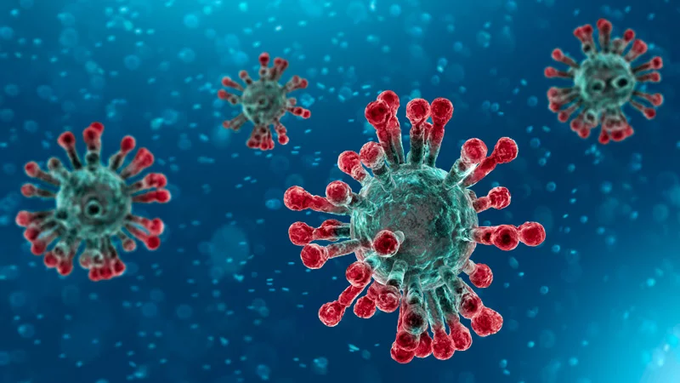New Delhi–The Indian Council of Medical Research on Tuesday said it will continue using hydroxychloroquine (HCQ) medicine as prophylaxis for COVID-19 disease.
Speaking at a press conference, Dr Balram Bhargava, Director General (DG) of the ICMR, told the media that the Council found the drug very effective and having less side effects for prophylaxis consumption.
The clinical trial of the HCQ on COVID-19 patients was suspended by the World Health Organisation on Monday.
Talking about the issue and latest guidelines about HCQ in which its usage was widened, Dr Bhargava said, “COVID-19 is an evolving field. We don’t know which medicines are working and which are not. There are lots of drugs that have been repurposed for use in COVID whether prophylaxis or as treatment. HCQ is a very old anti-malarial drug that was being widely used and it continues to be widely used. It is safer.”
Bhargava said the biological plausibility of HCQ was also supporting that it is possibly an antiviral drug. “We did some invitro study in labs and found that it has antiviral properties. This drug became suddenly popular when the American government also started using it and they got-fast track approval or emergency use authorisation. We also thought that it may be a useful drug for prevention of COVID.”
The DG said taking the biological plausibility, in vitro data and safety level of the drug, the ICMR had recommended it for empiric use under strict medical supervision about one-and-a-half months ago. “We also conducted a study on it. During these 6 weeks, we got data of observational studies — case control studies and observational studies — in different cohorts in India.”
The studies were done at AIIMS, ICMR, and also in three public hospitals in Delhi. Bhargave, however, said that randomized trial of the drug was not possible. “Looking at the data of these studies, we found that it may be working and without major side effects except nausea, vomiting and palpitations occasionally as per the Indian Pharmacopoeia Commission results of all people taking HCQ are being monitored,” said Bhargava.
“It should be continued when there is no harm and some benefit may be there. We have clearly advised that it should be taken with food and not empty stomach. We also advised that we need to do one ECG during its use as prophylaxis.
“Looking at the risk benefits, we have found that our frontline workers should be given it, but they must use PPE. Very soon a study will be published on this,” said Bhargava. (IANS)













